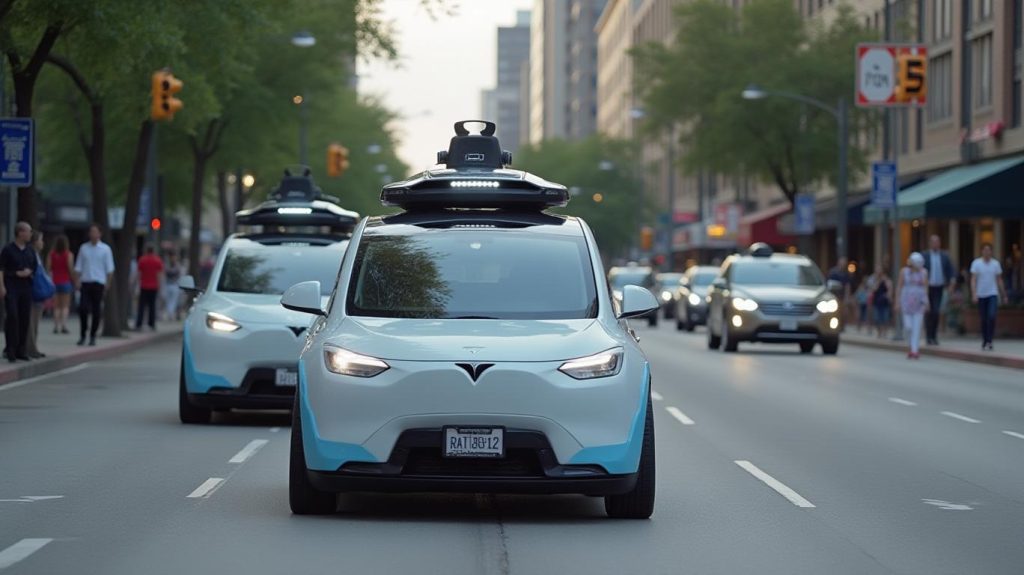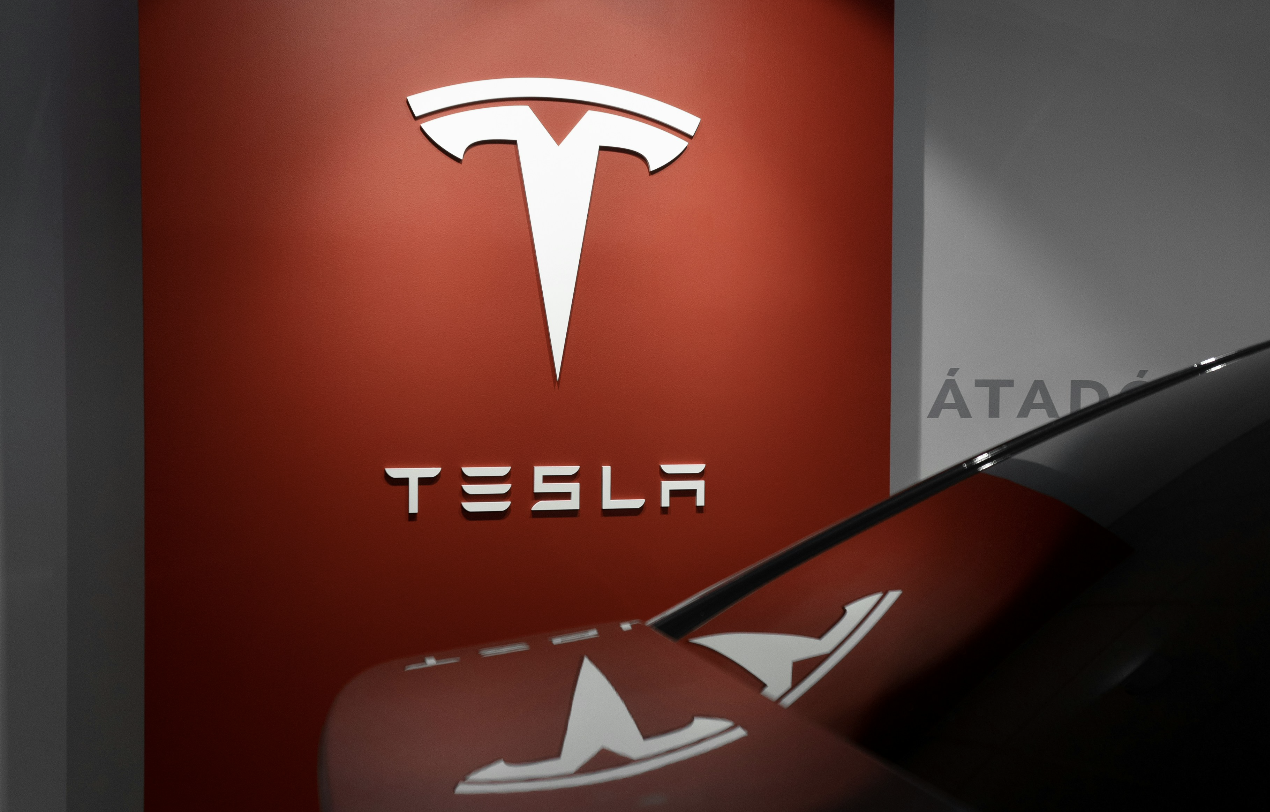The US National Highway Traffic Safety Administration (NHTSA) has formally requested Tesla to provide detailed information regarding its forthcoming robotaxi service in Austin, Texas, scheduled to launch in June. The federal agency is particularly interested in understanding how Tesla’s vehicles, equipped with Full Self-Driving (FSD) technology, will function under adverse weather conditions that reduce road visibility.
The NHTSA, which made the request public on Monday, revealed that it has been examining collisions involving Tesla’s FSD system during low-visibility conditions since October. The agency is now broadening its probe to include Tesla’s plans for autonomous taxi operations, asking for comprehensive data on how the system responds to environmental challenges such as sun glare, fog, airborne dust, rain, and snow.
In its letter to Tesla, the NHTSA asked the electric vehicle maker to clarify the scope of its robotaxi deployment, including how many vehicles will be involved and when they will be available to drivers outside of Tesla. It also wants to know whether these robotaxi units will be monitored or supervised by Tesla in real time.

“To assess the ability of Tesla’s system to react appropriately to reduced roadway visibility conditions,” the agency wrote, it requires specifics on the vehicle sensors, the role of cameras and sensors in both supervised and unsupervised operations, and whether Tesla’s technology aligns fully or partially with industry standards for automated driving systems.
Tesla has not yet responded to requests for comment. The ongoing scrutiny stems in part from an earlier investigation initiated by NHTSA in October 2023, which covered approximately 2.4 million Tesla vehicles fitted with FSD software. This came after four reported crashes, including one fatal incident involving a pedestrian in Rimrock, Arizona, in November 2023, who was struck by a 2021 Tesla Model Y.
Additionally, a fatal collision occurred in April 2024 when a Model S operating in full self-driving mode struck and killed a 28-year-old motorcyclist in the Seattle area. NHTSA continues to investigate whether Tesla’s December 2023 recall of more than 2 million vehicles — aimed at adding new safeguards to its Autopilot driver-assistance system — is sufficient to address broader concerns about driver attentiveness.


 Trending
Trending 